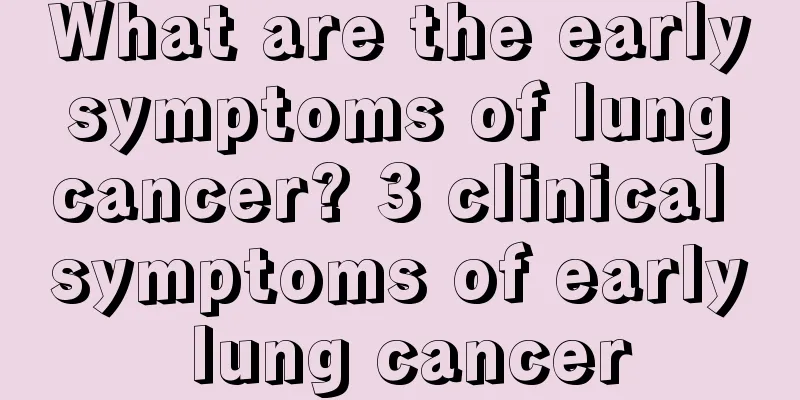What are the symptoms of advanced lung cancer?

|
Lung cancer has a variety of symptoms in the late stage. These symptoms are not limited to the lungs, but may also affect other organs and systems. Common symptoms include cough, dyspnea, chest pain, fever, hoarseness, loss of appetite, etc. The appearance of these symptoms is related to the growth and spread of the tumor, which has a serious impact on the patient's quality of life and survival. 1. Cough: Cough is one of the most common symptoms of advanced lung cancer, usually an irritating dry cough or blood in sputum. The cough may persist and affect the patient's daily life. 2. Dyspnea: Dyspnea is a common symptom in advanced lung cancer, especially during exercise or activity. This may be due to the tumor blocking the bronchus or compression of lung tissue. 3. Chest pain: Chest pain is also a common symptom of advanced lung cancer. It is usually persistent dull pain or stabbing pain, which may be caused by tumor invasion of the chest wall or ribs. 4. Fever: Lung cancer in the late stage may cause fever, usually low-grade fever, but sometimes high-grade fever may occur. The cause of the fever may be related to tumor necrosis, infection or inflammatory response. 5. Hoarseness: Lung cancer in the late stage may affect the recurrent laryngeal nerve, causing hoarseness. This may be due to direct compression of the tumor or compression of the recurrent laryngeal nerve by lymph node metastasis. 6. Metastatic symptoms: Lung cancer in the late stage may metastasize to other organs, such as bones, liver, brain, etc. Metastasis to different organs may cause different symptoms, such as bone metastasis may cause pain, fractures, etc.; liver metastasis may cause jaundice, nausea and vomiting, etc.; brain metastasis may cause headaches, nausea and vomiting, etc. The symptoms of advanced lung cancer vary, which have a serious impact on the patient's quality of life and survival. If the above symptoms occur, it is recommended to seek medical attention in time and undergo relevant examinations to clarify the diagnosis and treatment. Treatment methods for advanced lung cancer include chemotherapy, radiotherapy, targeted therapy and other comprehensive treatment methods. Doctors will develop personalized treatment plans based on the patient's specific situation. |
>>: Conservative treatment for lung cancer?
Recommend
What is the cause of knee pain
Whether male or female, you should pay attention ...
Follow the experts to understand the main diagnostic points of laryngeal cancer
To avoid the trouble of laryngeal cancer, people ...
What are the precautions after Lip Knife surgery?
Many of my friends may not have heard of what the...
How to check for gastric cancer? Mainly through gastroscopy
If gastric cancer is suspected, we first need to ...
Which hospital is recommended for hamartoma
Recommended hospitals for hamartoma. Nowadays, th...
Acute massive bleeding from bladder cancer
If there is heavy bleeding in the late stage of b...
How long does it take for prostate cancer to recur after radiotherapy
We know that cancer is an incurable disease, and ...
What is the normal value of uric acid? What happens if uric acid is high?
The product of purine metabolism is clinically ca...
Can patients with hypertension drink honey?
If you have been diagnosed with high blood pressu...
Tips for getting rid of acne
Many people have small pimples on their faces. If...
Hot flashes and sweating? Take a look at these!
Hot flashes and sweating are a very common sympto...
Diet after endometrial cancer surgery
How to take care of yourself after endometrial ca...
Is it the best medicine to treat tongue ulcers?
Ulcers are a common disease symptom in people'...
The function of the hand gripper
Many male friends who love fitness usually have s...
How to reduce armpit sweating?
Many people often sweat under their armpits in su...









